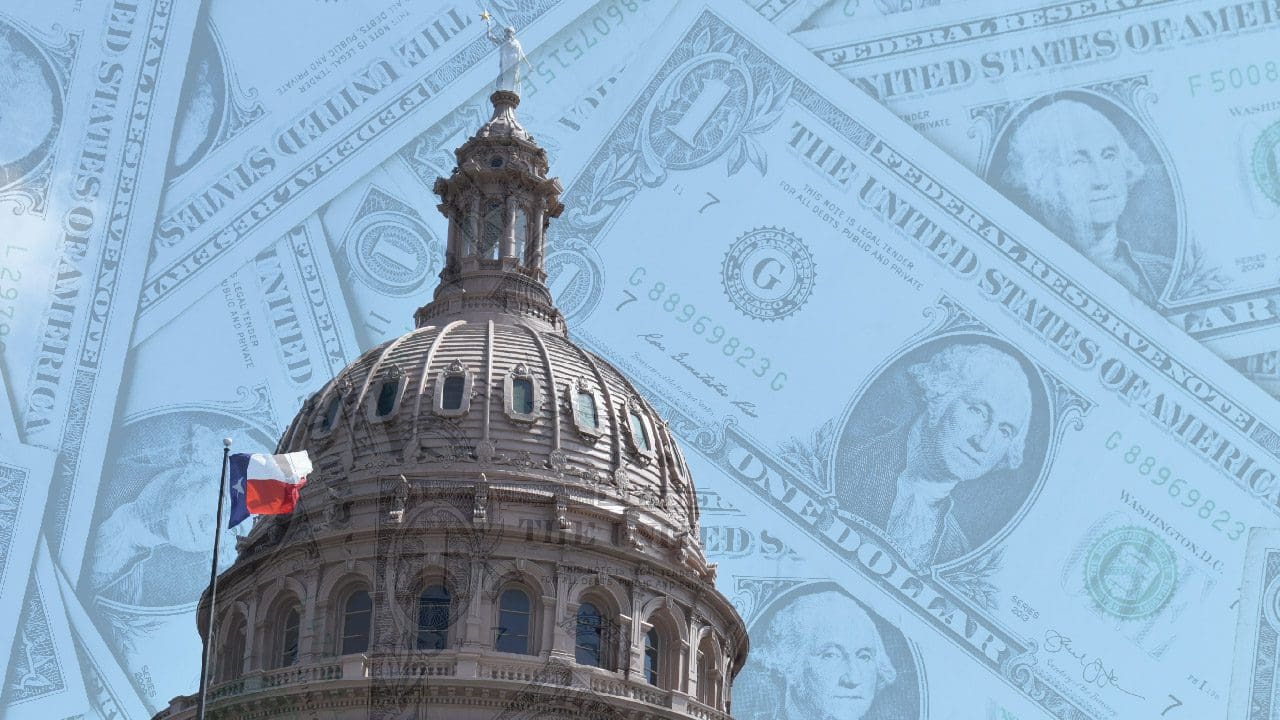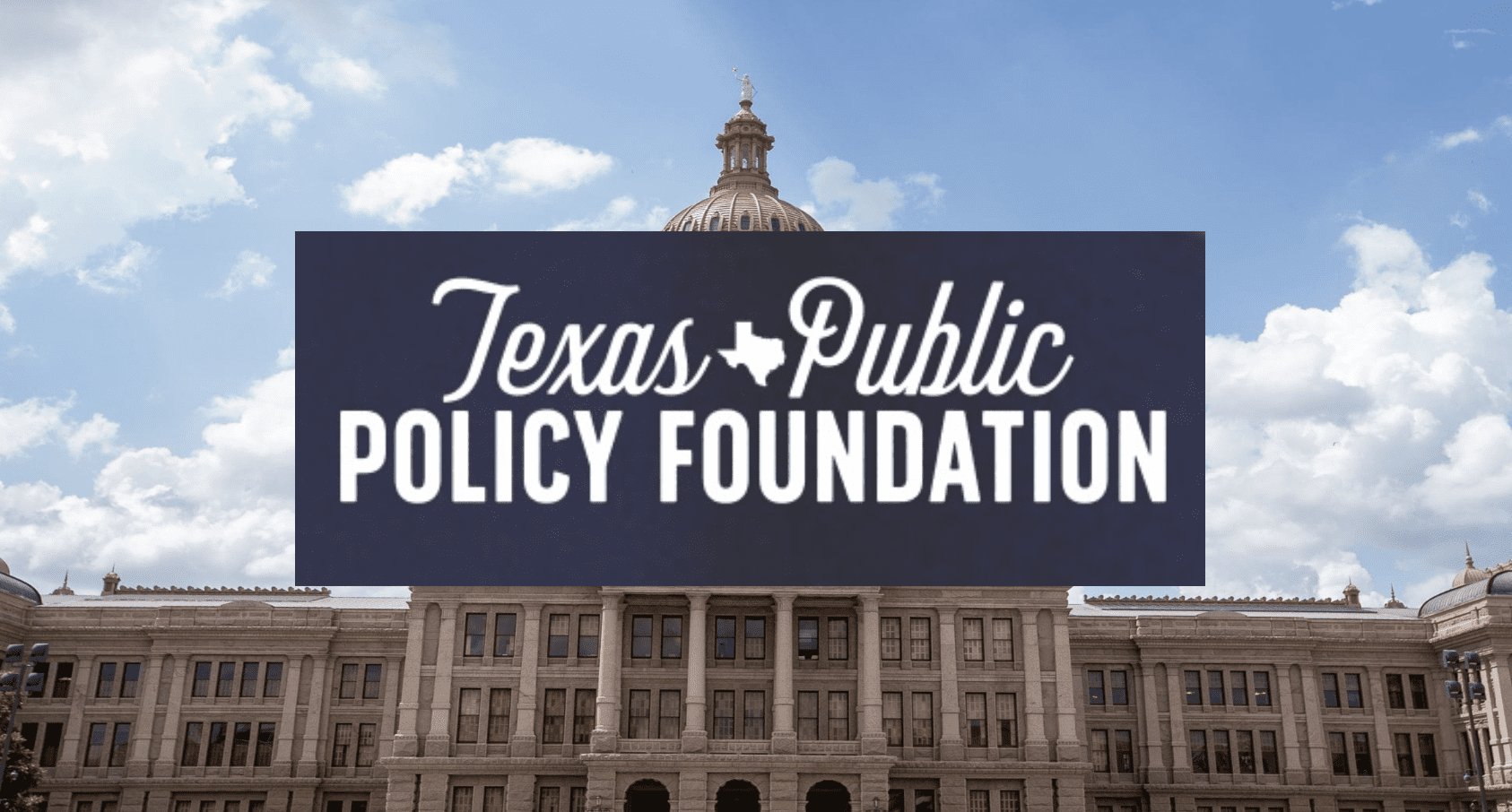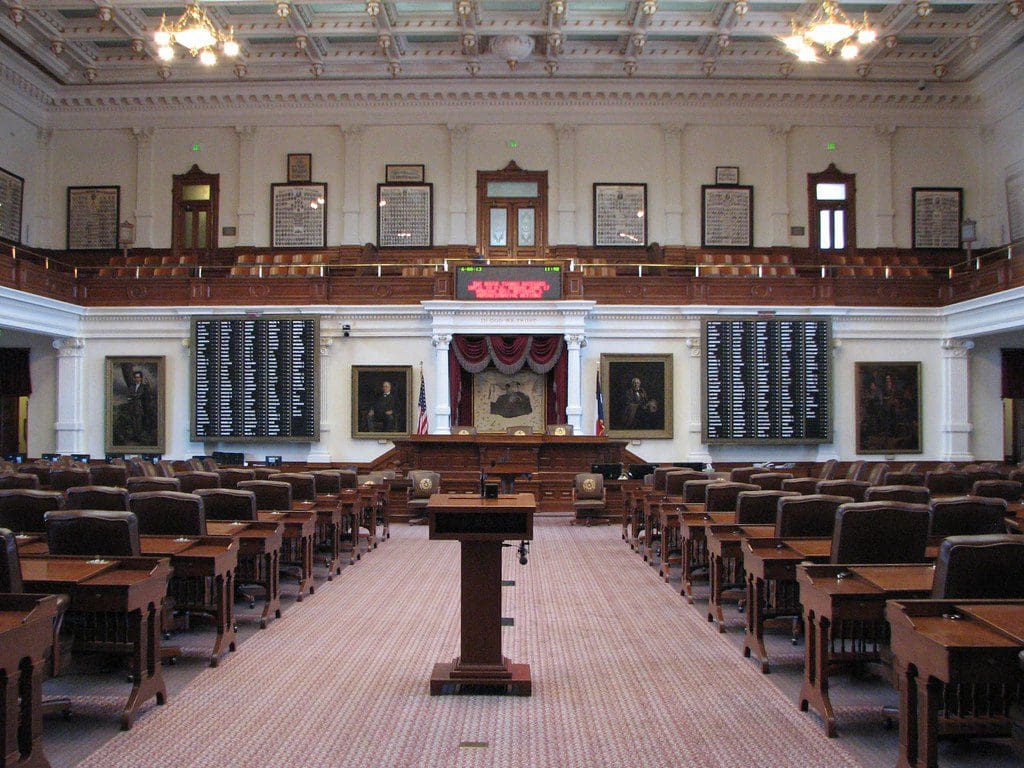Local officials who support local government using taxpayer money to lobby the state government—a practice widely opposed by Texans—also gave clear examples of how the practice failed them.
Taxpayer-funded lobbying is when governments use monies citizens pay them to hire lobbyists to push for or against action in the Texas Legislature or Congress. Oftentimes, these lobbyists push against citizen interests, such as lowering property tax bills.
Officials in two of Texas’ largest cities are among those who support the practice: Fort Worth City Councilmember Cary Moon and outgoing Dallas City Councilmember Lee Kleinman.
“The Legislature is hostile to municipalities, and we must hire lobbyists to help filter all the proposed legislation and leverage our own team,” Kleinman previously told Texas Scorecard. He also said these lobbyists have alerted council members to “pre-emptive legislation” and that they “have gained access for council members to legislators and department staff that I don’t believe we would have had on our own.”
Texas Scorecard asked Kleinman for an example of this “gained access:”
“In the 2017 session, we had many meetings with [former State] Rep. Dan Flynn, [who was then] chair of the Pensions Committee, to discuss the taxpayer bailout of the Dallas Police and Fire Pension System,” he replied. “Being that he does not represent Dallas, a lobbyist made the initial introductions.”
Moon offered his own take on the practice. “Conservatives are on the wrong side of the issue because you can’t take lobbying away from us as a local government if you’re not going to take it away at the state level. And you don’t want to take it away from us as a city if we’re competing with other cities at the federal level.”
As an example, Moon described a conflict that occurred in the Texas Legislature between the Fort Worth city government and AT&T. The city was charged the company $4 million for “their data and telephone lines.” AT&T hired lobbyists to go to the Legislature and argue they were being charged for having two utilities when they should only be charged for one. Fort Worth had its own lobbyist opposing the AT&T team.
In both situations, Moon and Kleinman said their respective cities lost these battles in the Legislature despite having taxpayer-funded lobbyists representing them.
Texans strongly oppose taxpayer-funded lobbying, with polls in 2019 and 2021 from the Texas Public Policy Foundation showing nearly nine out of 10 want it banned. In March 2020, almost 95 percent of Republican primary voters statewide voted for a ban.
Despite widespread citizen opposition, local officials continue to resist on this issue, hiring lobbyists with taxpayer dollars and arguing with the Texas Legislature to allow the practice to be continued. Local officials again went to the Legislature and argued against citizen demands to ban it.
Moon has previously said if taxpayer-funded lobbying was banned, Fort Worth would hire lobbyists as W-2 employees.
A ban on taxpayer-funded lobbying didn’t pass in the regular legislative session this year, but Gov. Greg Abbott is reportedly going to call multiple special sessions. Citizens may contact Abbott and their state senator and state representative about taxpayer-funded lobbying.




